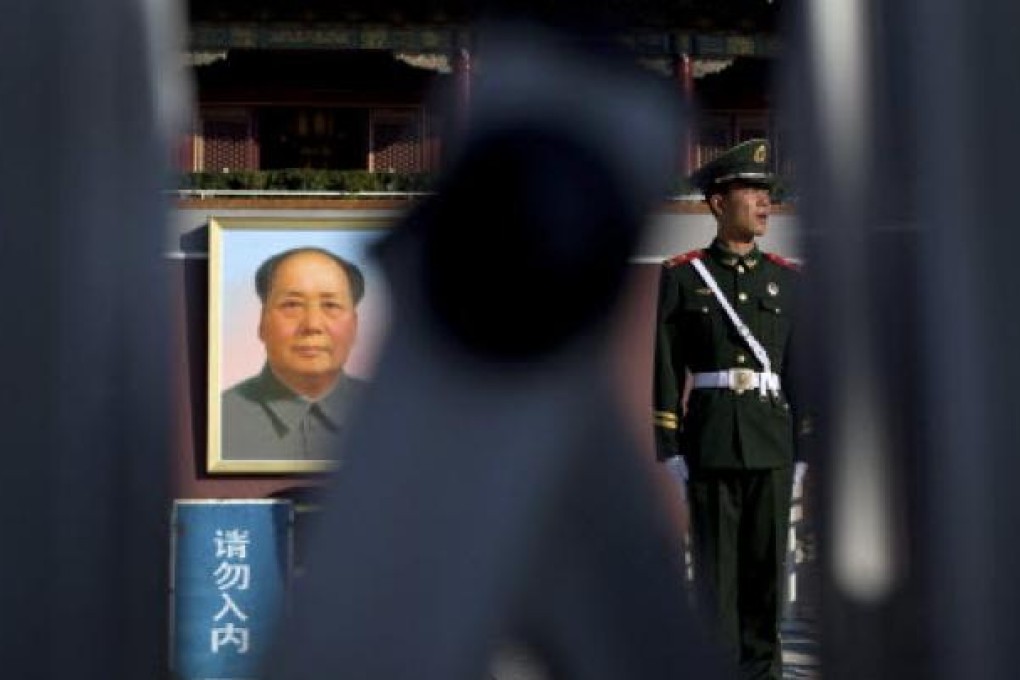Advertisement
Conservatives dominate latest line-up for new Communist Party leadership
Conservatives show they still hold sway as reform-minded candidates lose out in the latest line-up for Politburo Standing Committee
Reading Time:4 minutes
Why you can trust SCMP

Conservatives appear poised to dominate the Communist Party's new leadership as furious horse trading continues ahead of next week's transfer of power in Beijing.

However, the sources said that the Politburo Standing Committee's likeliest line-up was now packed with conservatives including vice-premier and Chongqing party chief Zhang Dejiang, 65, propaganda chief Liu Yunshan, 65, Shanghai party boss Yu Zhengsheng, 67, and Tianjin party chief Zhang Gaoli, 65.
Advertisement
They said the biggest surprise was the omission of two reform-minded protégés of party general secretary Hu Jintao - party organisation department head Li Yuanchao, who turns 62 this month, and Guangdong party chief Wang Yang, 57 - mainly due to their relative youth and opposition from conservative party elders, including former premier Li Peng .
Vice-Premier Wang Qishan, 64, long tipped to become China's next economic tsar as executive vice-premier, will also be elevated to the Politburo Standing Committee, which will be downsized from the current nine members to just seven, but will be given the lesser job of party discipline chief.
Advertisement
Vice-President Xi Jinping, 59, and Executive Vice-Premier Li Keqiang, 57, are already Politburo Standing Committee members.
The supposedly conservative make-up of the new leadership has dashed hopes that the party might have been prepared to push for bold political reforms after learning a bitter lesson from the downfall of former Chongqing party chief Bo Xilai , for long a contender for a top leadership post and an advocate of an ultra-leftist approach.
Advertisement
Select Voice
Select Speed
1.00x